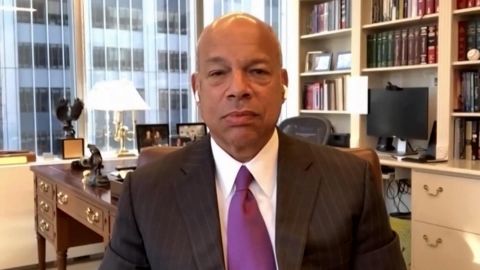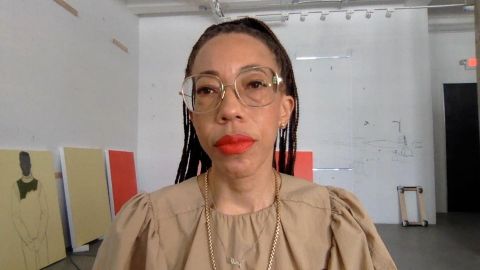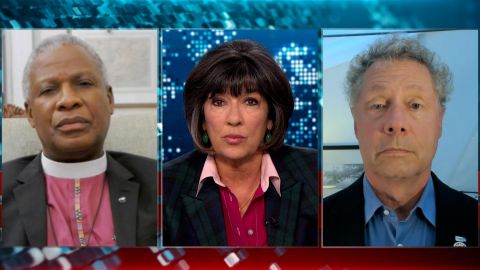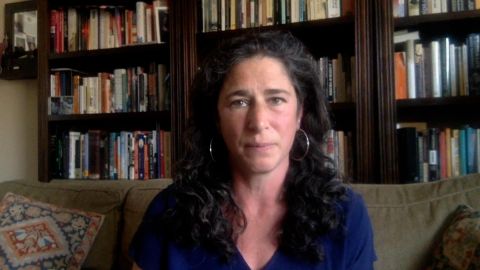Read Transcript EXPAND
REBECCA TRAISTER, AUTHOR AND JOURNALIST: For me, in writing about issues of power abuse along gendered and racial lines, the question always seems to come, so what should the consequences be? And that’s the thing that’s the hardest for me to answer. I mean, I think that part of what we’re looking at is that you can’t fix these problems through just individual censure, right? This is systemic. And, of course, there are all kinds of concerns about taking away art made by problematic people who’ve behaved in abusive ways. If you removed all the art, the books, the movies, the music made by people who have caused harm, not just have been, like, problematic, but who’ve caused harm, we would be left with not a lot of art. And so that’s problematic. By the same token, in this case, you have a situation where a publisher and an author who all knew that these allegations were potentially going to be a problem, are — if the book stays in publication, are profiting from it. So the questions of — how what is an appropriate repercussion when somebody is credibly alleged of abuse, harassment, or harm, that’s a really difficult question. I certainly don’t have the answer. And it’s my least favorite part of the conversation, because it sort of leaves those who want to have the conversation about, this is really problematic, and there’s a lot of inequity and injustice and abuse happening with the hardest task of all, which is being the sentencers, the executioners.
AMANPOUR: Right. Right. So, let’s take it piece by piece. Let’s just first talk about the specific allegations. He’s accused by two women of rape and of grooming his pupils when he was an eighth grade teacher. He, as I said, denies all this, calls them categorically false and libelous. He said that to “The New York Times.” His lawyer told us today: “The allegations against Mr. Bailey are demonstrably false. Many of the complainants against Mr. Bailey have remained on friendly terms with him for the past 20 years, long after the alleged assault. ‘Philip Roth: The Biography’ has been published in nine countries, and only W.W. Norton in the United States has stopped publication, based on nothing more than unproven allegations they have seen in news reports.” So, of course, my first question to you is, Norton apparently knew of the allegations. They didn’t just see them in news reports or in our interviews or whatever. They apparently knew, because one of the complainants told them, I think maybe anonymously, but in 2018. So I guess then where does the responsibility lie? Should Norton have done something different, rather than just publish and hope this never comes up?
TRAISTER: Yes. Yes. And here we get to these. So, again, so often, when we talk about MeToo or issues of sexual harassment or power abuse, they come out in these individual stories about, like, Bailey, about people who allege that he raped or assaulted them or groomed them inappropriately.
About This Episode EXPAND
Thabo Makgoba and Seth Berkley; Rebecca Traister; Jeh Johnson; Amy Sherald
LEARN MORE



